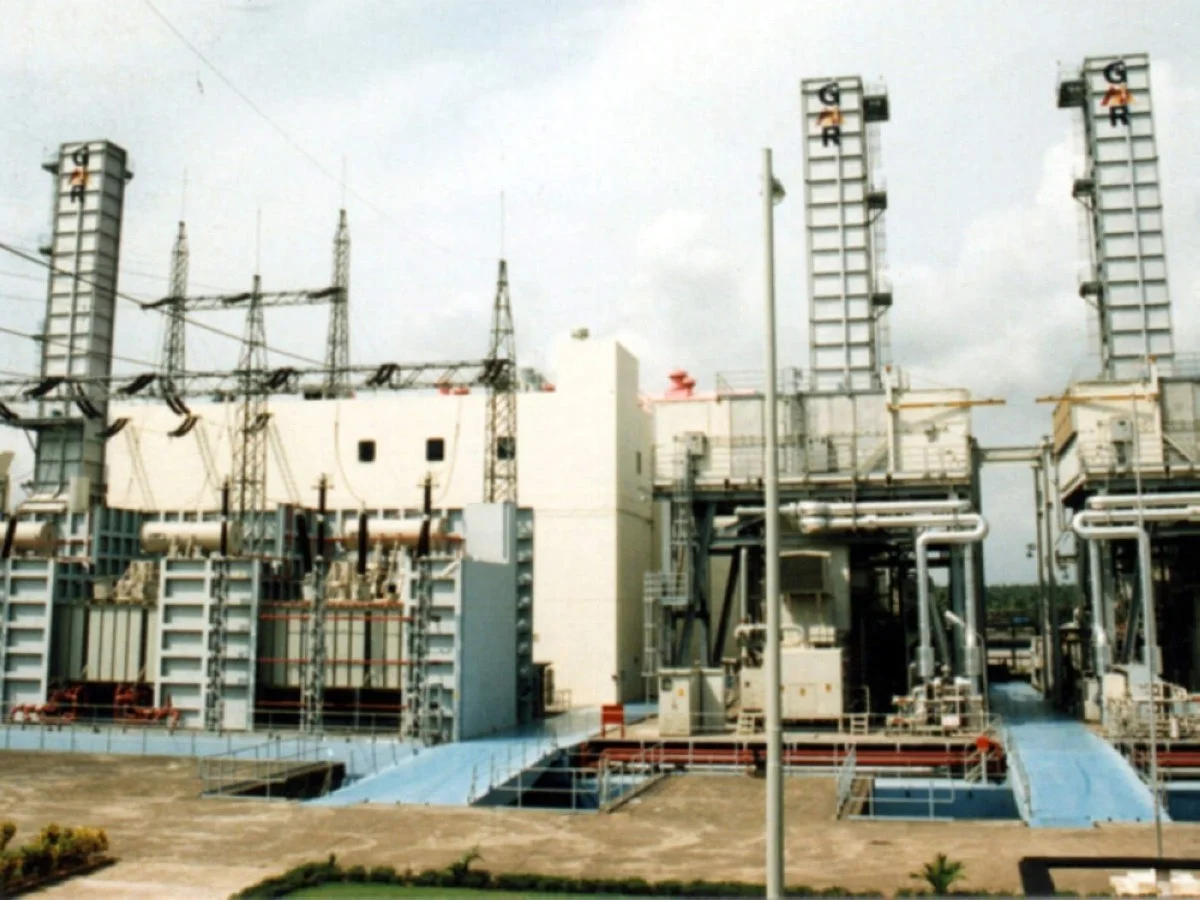India, Bangladesh launch coal-fired power plant
NEW DELHI: India and Bangladesh on Wednesday jointly opened a coal-fired power plant near one of the world’s largest mangrove forests, despite environmental criticism in both nations saying it threatens millions of people’s livelihoods.

NEW DELHI: India and Bangladesh on Wednesday jointly opened a coal-fired power plant near one of the world’s largest mangrove forests, despite environmental criticism in both nations saying it threatens millions of people’s livelihoods.
The 1320-megawatt Maitree Super Thermal Power Project is set to burn 4.75 million tons of coal annually, and begins operations weeks ahead of the UN COP28 climate conference in Dubai.
The plant, built in Bangladesh, is close to the UNESCO world heritage site of Sundarbans, one of the world’s largest mangrove forests. Environmentalists say the power plant threatens the livelihoods for about two million people in the Sundarbans and could violate the UN’s Ramsar Convention to protect wetlands. The first half of the $2 billion power plant — financed with a $1.6 billion loan from India — went online last year.
The two leaders also inaugurated cross-border railway and port links between their countries. “These projects are a shining example of win-win cooperation between our countries,” Bangladesh Prime Minister Sheikh Hasina on Wednesday, in a virtual ceremony with India’s Narendra Modi.
Dhaka buys at least a million tons of Indian coal annually, but the dirty fuel for the new plant will be sourced from Bangladesh. The power plant will “enhance energy security in Bangladesh”, India’s foreign ministry said in a statement. Global leaders failed to agree to a phase-out of fossil fuels at September’s G20 summit in New Delhi, but they backed a target of tripling global renewable energy capacity, and acknowledged that limiting warming to 1.5 degrees Celsius will require slashing greenhouse gases 43 percent by 2030 from 2019 levels.
COP28 will draw up the first official assessment of humanity’s efforts to respect the 2015 agreement and its ambition to limit global warming “if possible to 1.5 degrees C” since the pre-industrial era. — AFP.











